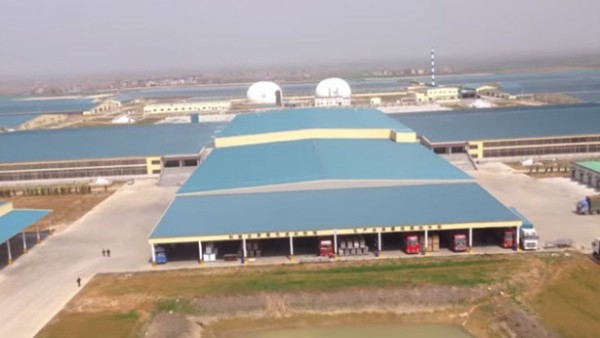Alienated by the Ukraine conflict, Russia is partnering with China on a major milk operation.
Here are a few popular notions about dairy: France makes a lot of different kinds of cheese, Americans drink a lot of milk, and people in Asia don’t have much of an interest in any foods that have to do with lactating livestock.
But even with the growing middle class’ newfound affection for American-style cheeseburgers and pizza, the Chinese don’t like milk and cheese and other dairy products that much. No, the dairy is being developed to serve Russia, which is the second-largest dairy importer in the world—after China. The Russian market has become increasingly cut off from food imports thanks to both international sanctions and self-imposed nationalistic bans—including one blocking U.S. dairy from entering the country—in the wake of the conflict over Ukraine’s autonomy. The U.S. may produce the most cow’s milk in the world, and Germany may export the most cheese—a third of the European Union’s cheese exports are sent to the other side of what was once the Iron Curtain—but the Kremlin isn’t too thrilled about trading with either country at this point.
Instead, you have a plan that, according to China Daily, can be seen as “agricultural geopolitics.” In Russia, 284,000 acres will be devoted to growing feed to supply the $161 billion facility, which will be backed by both Russian and Chinese investors.
“Building a 100,000-cow dairy farm is simply mind-boggling,” Mansel Raymond of Copa-Cogeca, an EU ag group, told China Daily. “If the project goes ahead and the 100,000 head represents milking cows, this unit alone could produce 800 million liters a year,” or about 200 million gallons.












